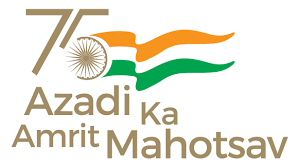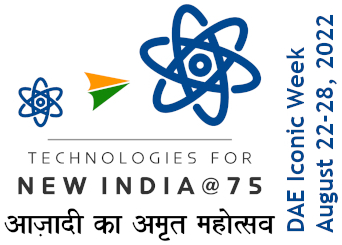Biographical Memoirs :: MEGHNAD SAHA
It was during the early thirties that the National Academy of Sciences at Allahabad (originally called the Academy of Sciences for the Provinces of Agra and Oudh), the Indian Academy of Sciences at Bangalore, and the National Institute of Sciences at Calcutta (headquarters transferred to Delhi in 1946) were founded. In the case of the Allahabad Academy, and so also the National Institute, the role of Saha was of the utmost importance. He was the first President ( 1932-34) of the Allahabad Academy and the second President (1937-39) of the National Institute of Sciences. (The first President of the Institute was Sir Lewis Fermor, the Director-General of the Geological Survey of India.) Saha was President of the Royal Asiatic Society of Bengal (now the Asiatic Society) for 1944-46.
Saha from the very beginning was closely associated with the work of the Indian Council of Scientific and Industrial Research (which corresponds to the D.S.I.R. in the U.K.) first constituted in 1942. He was a member of the Governing Body; and was for many years chairman of the Atmospheric Research Committee, and chairman or member of several other research and planning committees of the C.S.I.R. He was closely connected with the planning and establishment of the Central Glass and Ceramics Research Institute at Calcutta -- one of the national laboratories under the C.S.I.R. -- and was for many years chairman of its Advisory Committee. He was the chairman of the Indian Calendar Reform Committee, appointed by the C.S.I.R. in 1953.
Saha was a member of the University Education Commission appointed by the Government of India in 1948 under the chairmanship of Dr S. Radhakrishnan.
The monthly journal Science and Culture, published by the Indian Science News Association (Calcutta), was started by Saha in 1934. The journal is now running in its 24th volume. Saha wrote prolifically for the journal, and his many articles and editorials bear witness to his remarkable versatility, and his passionate interest in and grasp of the many scientific, industrial and economic problems facing the country. A list of his contributions is included in the bibliography at the end.
Saha was a keen student and ardent advocate of social and economic planning in India, particularly, in its relation to science, large-scale industry and technology. His general philosophy in these matters is perhaps best expressed in the following words (Nature, Lond. 155, 221 ( 1945) ) : `The philosophy of kindliness and service to our fellow-men was preached by all founders of great religions, and no doubt some great kings and ministers of religions in every country and at all ages tried to give effect to this (altruistic) philosophy. But the efforts were not successful, for the simple reason that the methods of production of commodities were too inefficient to yield plenty for all, which is an indispensable condition for practical altruism. We can, therefore, hold that so far as individual life is concerned, science has achieved a target aimed at by the great founders of religions in advanced countries of the world. The effects or maldistribution or wealth, due to historical causes, are being rapidly cured by the introduction of social laws.'




